Noticia
Equitable development of communities and ecosystems
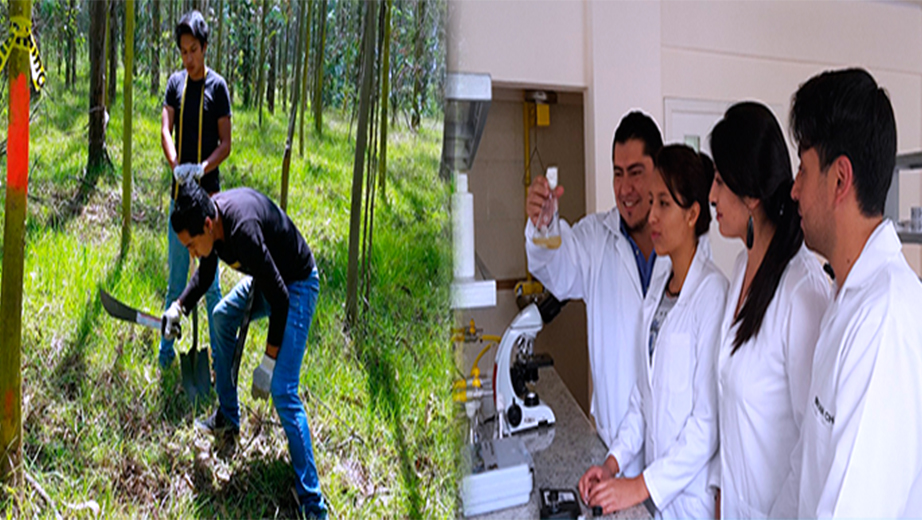
Professor and researcher Renato Sanchez from the university's Environmental Sciences Research Group (El Grupo de Investigación en Ciencias Ambientales GRICAM) in Quito presented the research titled "Environmental safeguards for Latin American regional development banks from the Ecological Economy" during the 3rd Congress on Mesoamerican Society of Ecological Economics (COSMEE). The Congress was held in November in Universidad de Puerto Rico.
The aim of the congress was to reflect and suggest a change for development and evolution of social and ecological awareness in the Mesoamerican region and the Caribbean. In this regard, professor Sanchez analyzed the evaluation of the environmental impact study fostered by traditional development banks.
Some of the remarks of the study are: Imposition of neoliberal policies on developing countries through privatizations, exploitation of natural resources and payment of interest with more indebtedness. Environmental impact studies place their evaluation on goods with market prices and projects are imposed through notifications which only communities are only informed about its realization, but they are not consulted.
To face this problem, professor Sanchez suggests an alternative based on the principles of ecological economy such as changing the vision of economic growth for the equitable development of communities and ecosystems; financing projects based on the development of sustainability of an ecosystem and not only in economic values.
"It is necessary to promote forms of development for the conservation of social and environmental capital considering ecological limits, social equity and economic justice in financial activities," added Sánchez. This study is part of GRICAM's line of research on "Strategic Environmental Studies", whose members are already working on the critical review of the assessment of environmental impact.
Contenidos Relacionados
Contenidos Relacionados
Noticias Relacionadas
Noticias Relacionadas

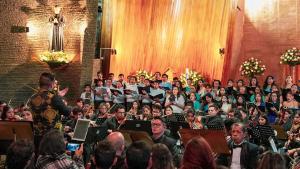
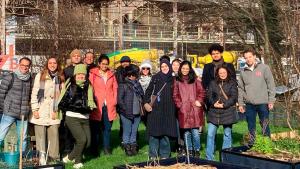
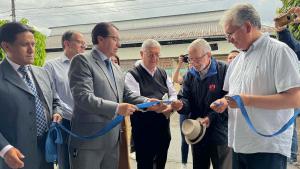
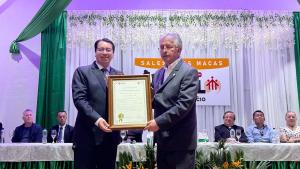
Follow us
Follow us